Fourth-generation ERP (ERP) is a new breed of enterprise resource planning (ERP) software that is designed to meet the needs of modern businesses. Fourth-generation ERP is more agile, flexible, and scalable than traditional ERP systems, and it is designed to help businesses improve their operational efficiency, customer service, and decision-making capabilities.
In a recent report, Gartner predicted that 65% of organizations will use ERP applications that encompass one or more fourth-era hallmarks by 2023. This represents a significant shift from the current market, where only a small percentage of organizations use fourth-generation ERP. Full Gartner Report
The rise of fourth-generation ERP is being driven by a number of factors, including the growing demand for agility and flexibility in business, the increasing importance of data analytics, and the rise of cloud computing.
Agility and Flexibility
In today’s rapidly changing business environment, organizations need to be able to adapt quickly to changes in customer demand, market conditions, and regulations. Traditional ERP systems are often inflexible and difficult to change, which can make it difficult for organizations to keep up with the pace of change.
Fourth-generation ERP systems are designed to be more agile and flexible than traditional ERP systems. They are built on open platforms that allow for easy integration with other systems, and they are designed to be easily customizable to meet the specific needs of individual organizations.
Data Analytics
In today’s data-driven world, businesses need to be able to collect, store, and analyse large amounts of data in order to make informed decisions. Traditional ERP systems often lack the data analytics capabilities that businesses need to make the most of their data.
Fourth-generation ERP systems are designed to provide businesses with powerful data analytics capabilities. They include built-in tools for data mining, predictive analytics, and business intelligence. These tools can help businesses to identify trends, make predictions, and improve their decision-making.
Cloud Computing
Cloud computing is another trend that is driving the adoption of fourth-generation ERP. Cloud-based ERP systems are more scalable and cost-effective than traditional on-premises ERP systems. They also make it easier for businesses to collaborate with partners and suppliers.
The Gartner report also found that the fourth era of ERP is being driven by a number of trends, including:
- The rise of digital business: Digital business is transforming the way organisations operate, and ERP systems need to be able to support this transformation.
- The need for agility and flexibility: Organisations need ERP systems that are agile and flexible enough to adapt to changing business needs.
- The demand for cost-effectiveness: Organisations are looking for ERP systems that are cost-effective and easy to manage.
- The need for security and compliance: Organisations need ERP systems that are secure and compliant with industry regulations.
The Gartner report suggests that the fourth era of ERP is a major opportunity for organisations to improve their business operations by adopting ERP solution.
As a result of these factors, fourth-generation ERP is poised to become the standard for enterprise resource planning in the years to come. Organisations that want to remain competitive in the 21st century need to start planning for the adoption of fourth-generation ERP.
We recommend iX ERP as a fourth-generation ERP system. It is designed to be more agile, flexible, and scalable than traditional ERP systems. It is also designed to be more integrated with other systems and to provide businesses with powerful data analytics capabilities.
